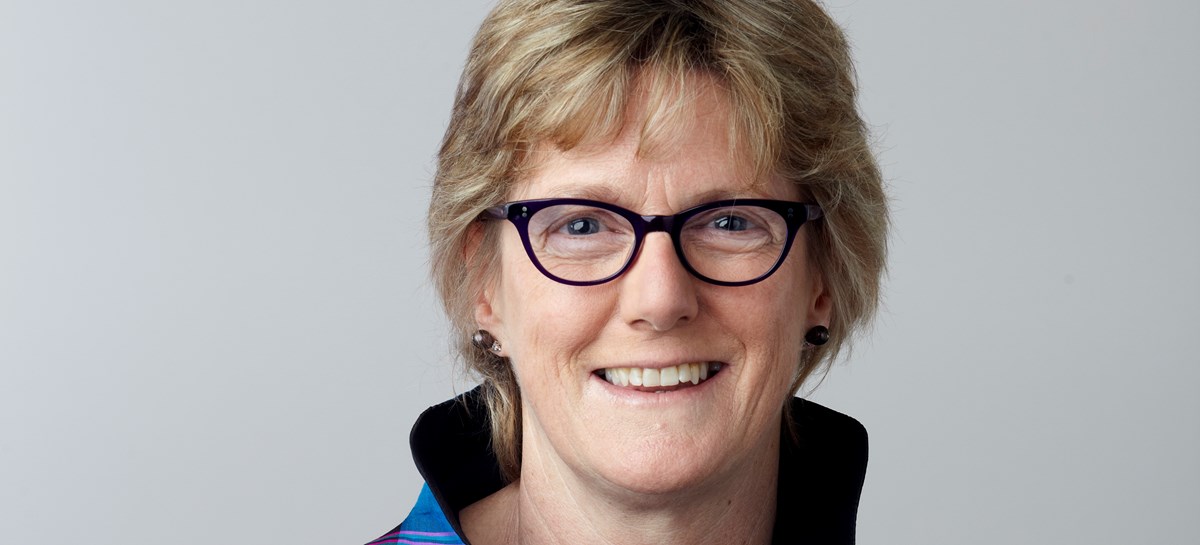
Science and Policy – The Example of Anti-Microbial Resistance
On 18 January, Dame Sally Davies, Chief Medical Officer for England, gave a talk at Rhodes House entitled “Science and Policy – The Example of Anti-Microbial Resistance.”
Dame Sally introduced the concept of anti-microbial resistance by examining the case of colistin, a strong antibiotic with significant side effects often used as a last-resort drug in cases of drug-resistant bacterial infections. Since the first discovery of colistin-resistant E. coli bacteria in China in late 2015, a number of countries around the world have detected such strains of their own. As this example shows, bacteria around the world are in the process of evolving resistances to the strongest available antibiotics, and we may soon find ourselves at a significant risk of such potentially untreatable infections spreading through the human population.
In her role as CMO, Dame Sally is responsible for preparing an independent annual report on the state of the nation’s health to the Prime Minister. She focused her 2011 report on the threat of antimicrobial resistance, and has since commissioned studies on the potential impacts of resistant infections on global health and economics. Her work has led to changes in policy and education affecting the antibiotic prescription habits of UK doctors, as well as high-profile collaborations with the Gates Foundation in the US and most recently the signing of a landmark declaration agreeing to combat the threat of antimicrobial resistance by 193 countries at the UN General Assembly.
Dame Sally shared with us some lessons that she learned as a healthcare professional transitioning into the policy space, including the value of economic arguments in debates on large-scale systemic changes, the strategies that must be taken to ensure that such critical issues remain governmental priorities through changes in leadership, and the power of civil society in shaping policy decisions. We are extremely grateful for Dame Sally’s time and forthrightness with us, and wish her the best of luck in her future efforts to address this critical international problem.
Peter Kalugin (New Mexico & Balliol 2015) reads MSc (Res) Oncology and Fang Cao (Maryland & DC & University 2015) reads DPhil Cardiovascular Medicine at the University of Oxford. The Rhodes Biomedical Association (RBA) is a group of Rhodes Scholars dedicated to making healthcare and the biomedical sciences regular topics of discussion in the Rhodes community. RBA works to host at least one invited lecture per term at Rhodes House from leaders in healthcare-related research, policy, and implementation fields. In addition, we partner with the Rhodes Science Group for wider topical and social events, open to everyone in the community.
Please contact Peter Kalugin (peter.kalugin@balliol.ox.ac.uk) or Fang Cao (fang.cao@univ.ox.ac.uk) for further information or if you’d like to get involved.
Photo Credit of Dame Sally Davies: By Royal Society uploader - Own work, CC BY-SA 4.0, https://commons.wikimedia.org/w/index.php?curid=34605447